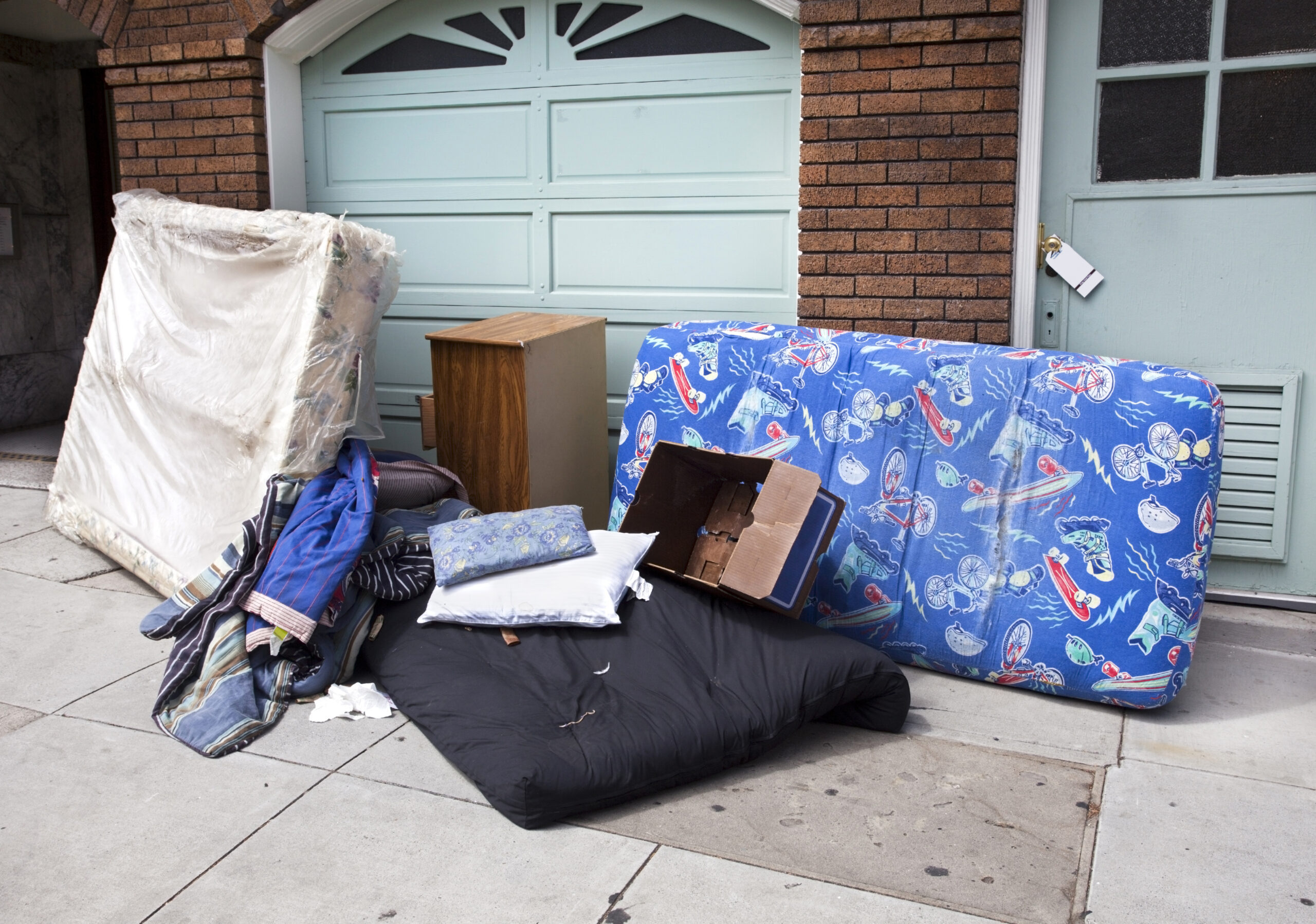
As parts of the United States start to open up, and others begin to close, in the middle of uncertainty, one thing is quite clear: We are never going back to "normal." The global health issue has dealt several blows as it has shaken us to our core, made us say goodbye to loved ones, and doesn't seem to be letting up anytime soon. With back-to-school season here, parents across the country are faced with tough decisions — deciding whether or not to send their children to school, how they can juggle work with homeschooling or virtual demands, or if they can afford it all as they've already depleted their time off back in the spring.
But in the middle of this pandemic, there is another one slowly creeping up from the shadows, with a surging tidal wave that will leave casualties in its wake. It's a pandemic that has been hiding in plain sight for years — decades — that no antibodies can fix, and no vaccine can eradicate:
Our nation's housing crisis.
An estimated 30-40 million people in this country are facing eviction amid COVID-19.
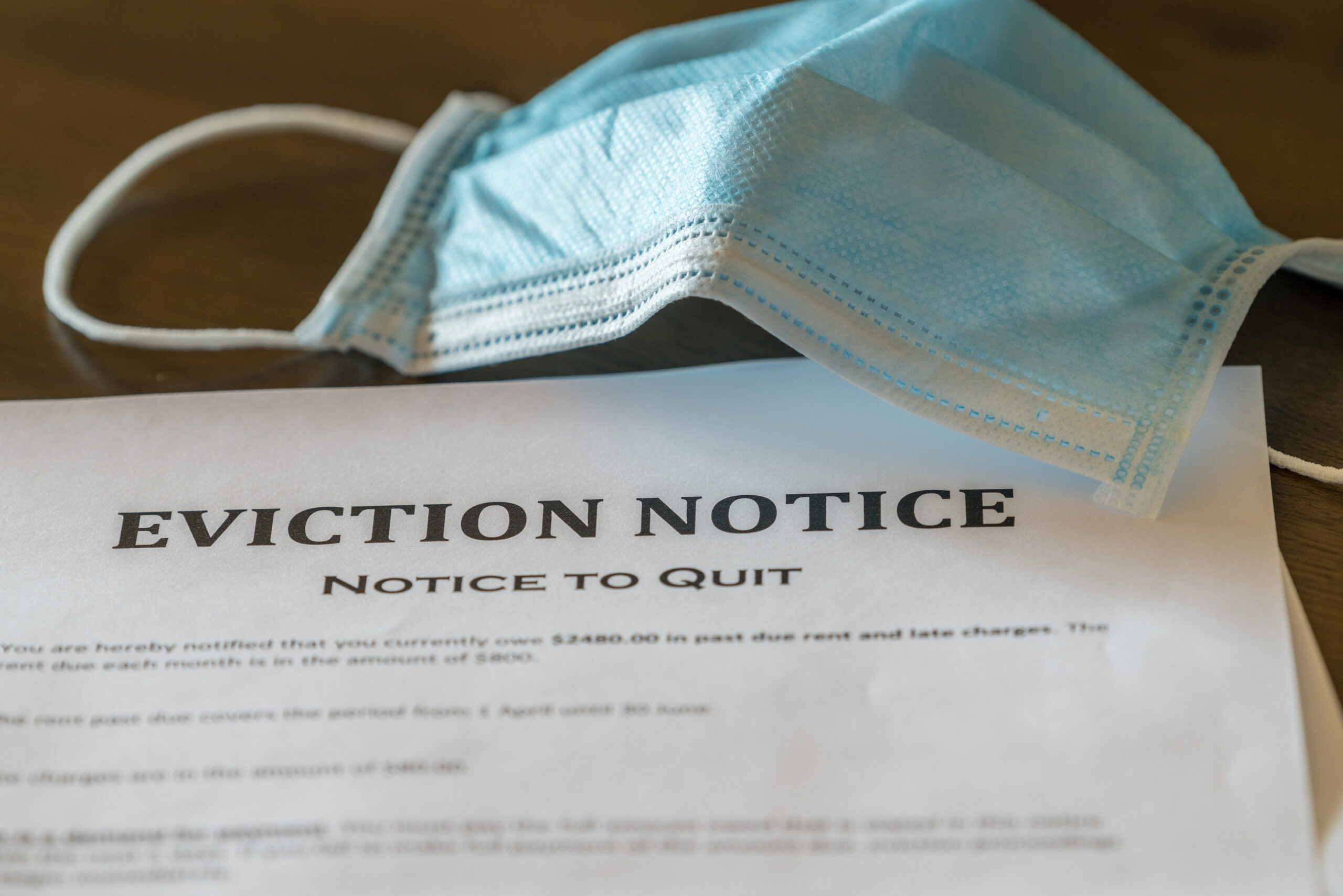
Read that again and let it sit with your spirit: That's 30 to 40 million people in this country. Data pulled from the US Census reveals an "estimated 30–40 million people in America could be at risk of eviction in the next several months." Sadly, this is not too surprising as unemployment rose during the first three months of COVID-19 (from February to May 2020) than it did in 24 months of the Great Recession.
With more and more people losing jobs, it was only a matter of time before questions about housing security started to arise …
And the income gap, which has made it hard for families to enjoy their house with a white picket fence — let alone obtain one — is nothing new.
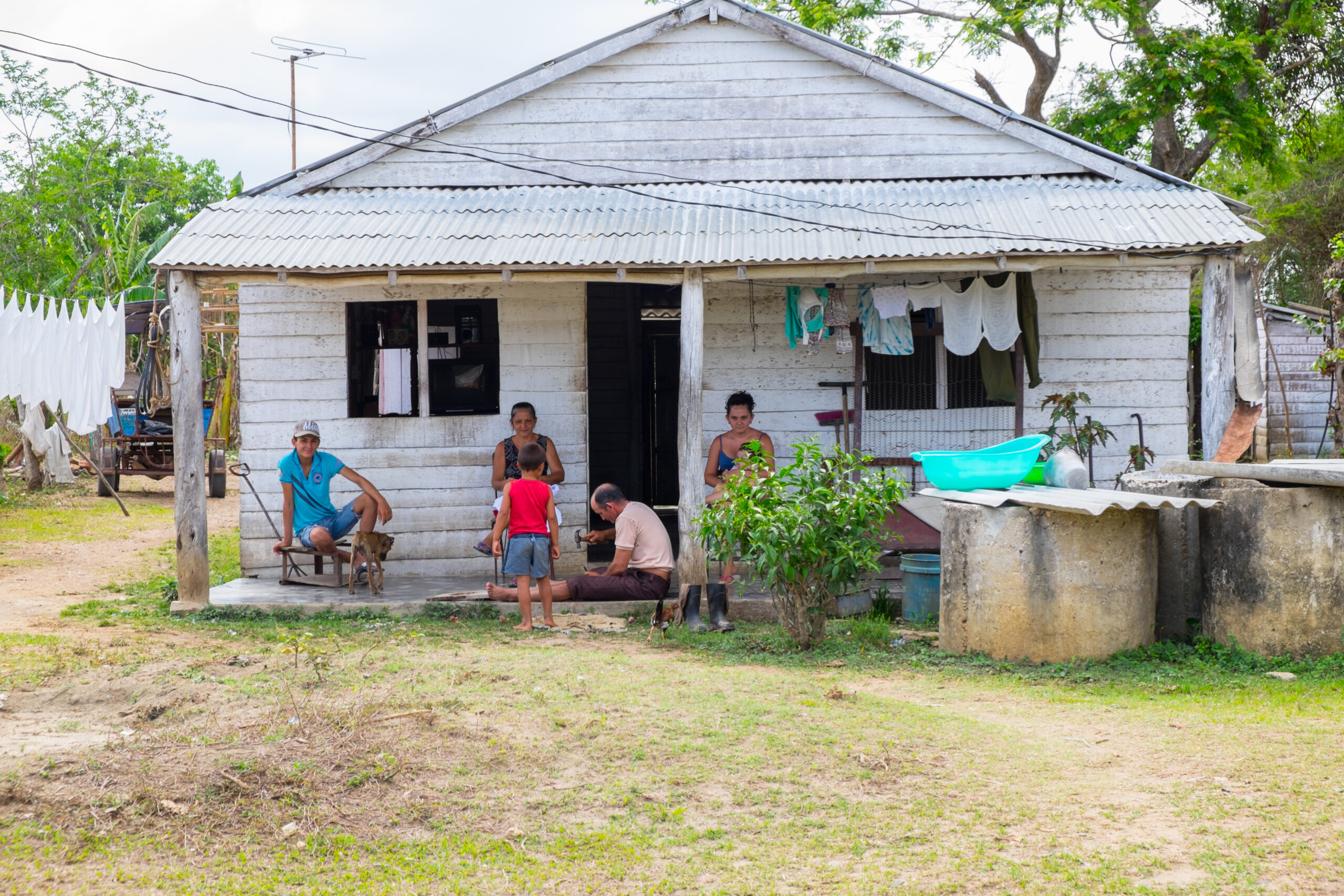
As much as COVID-19 is real, the truth is, many families have been struggling for some time. The income inequality gap — the difference between how much the ultra rich and our nation's poorest earn — is the largest its been in 50 years. Even with low unemployment numbers prior to the coronavirus, and things like the GDP being strong, people have been suffering for a long time — with significant racial disparities regarding income.
Many folks were already too poor to endure COVID-19, and now, their rent is due.
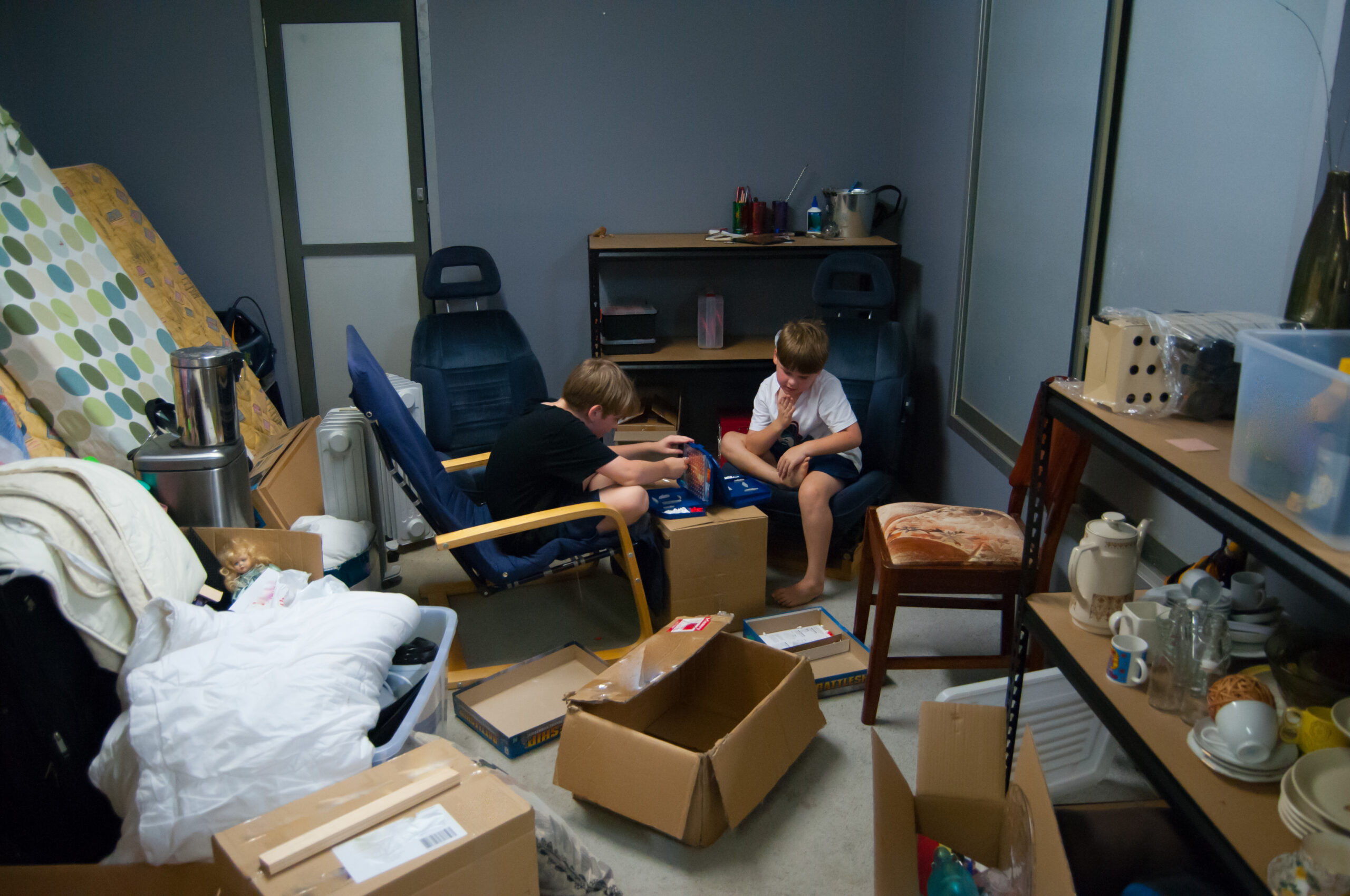
A study from 2019 determined almost 80% of workers in the US live paycheck to paycheck, with an additional survey revealing 40% of Americans cannot save $1,000 to cover expenses should an emergency rise. Sadly, these numbers have likely grown as the pandemic continues to ravage communities as 4 in 10 jobs are not expected to return once the coronavirus clears and the dust settles.
Jane* is a new mother of two faced with finding a place to live before school starts while trying to heal in her fourth trimester.
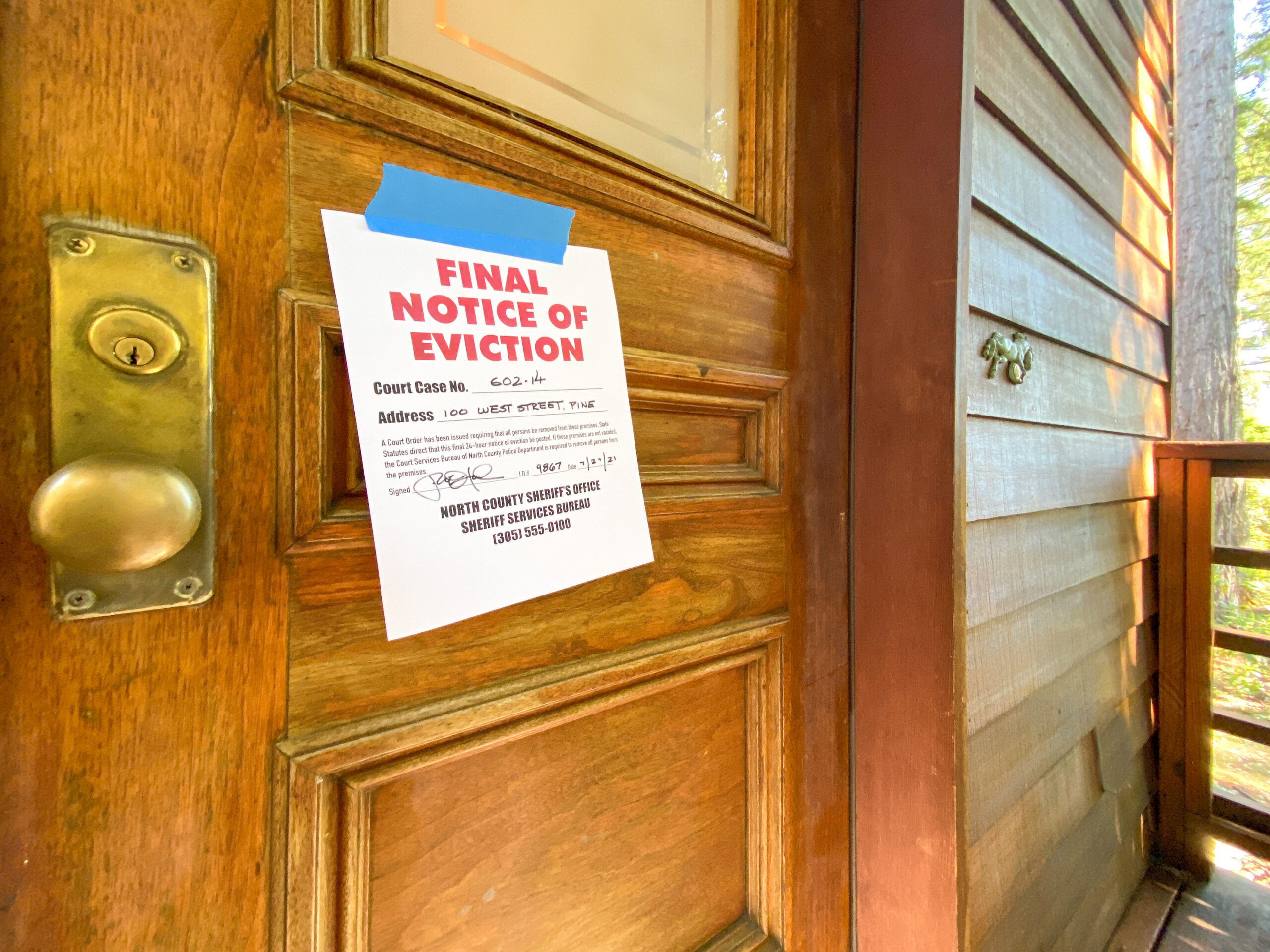
"My family has been living in a small home I have been able to rent for the last few years, and we are about to be put out," Jane* explains to CafeMom. "At first [in March], my landlord was understanding and pushed back our rent. He ended up getting help from the government with a PPP loan around the time I got laid off from my job. Now, I have no money to pay rent, and he wants the back pay for the last few months. I am so scared I won't be able to put a roof over my children's head. I just gave birth and can barely focus on healing after delivery. We have no family in the area, school is starting, and I do not know what to do."
"I am so scared I won't be able to put a roof over my children's head. I just gave birth and can barely focus on healing after delivery. We have no family in the area, school is starting, and I do not know what to do."
Jane's story is not unique as a "tsunami of evictions" are expected for the Sunshine State. An estimated 800,000-plus Floridians could face evictions in the matter of weeks, and with subtle changes to the rent moratorium wording, the fallout could have many families facing the same situation as Jane*.
Danielle* is a single mom who recently buried her mother and fears she will be put out in the fall.
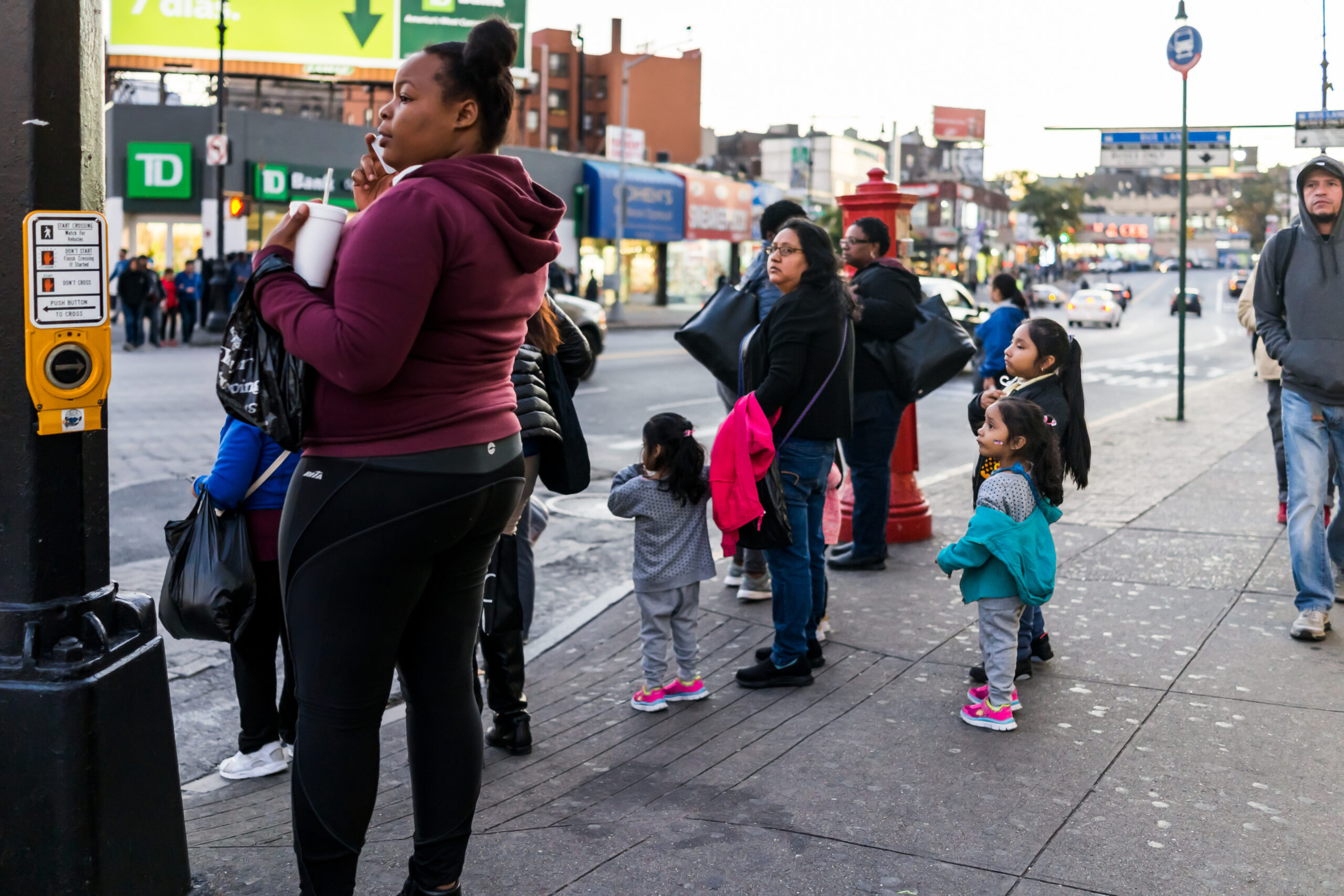
"I have not had a chance to breathe since February," Danielle* explains. "I live in Queens [New York City] and work three jobs to make sure my children are provided for. I lost two of my jobs in April, health care for my 12-year-old son with special needs, and just had to bury my mother who died of this virus. Life has been a nightmare, and it's not letting up."
In August, New York Governor Andrew Cuomo announced an extension of the rent moratorium, giving renters, like Danielle*, who lost their income protection against eviction until October.
"I am happy for whatever blessings I can get, but I am still afraid my kids and I will get kicked outside come October," Danielle* continues. "We need something more concrete, especially during the school year. I know people who were evicted, because they faced hardships right before the pandemic … and I feel I am next."
"I know people who were evicted, because they faced hardships right before the pandemic … and I feel I am next."
The fear of being evicted is a nightmare that's becoming a reality for parents.
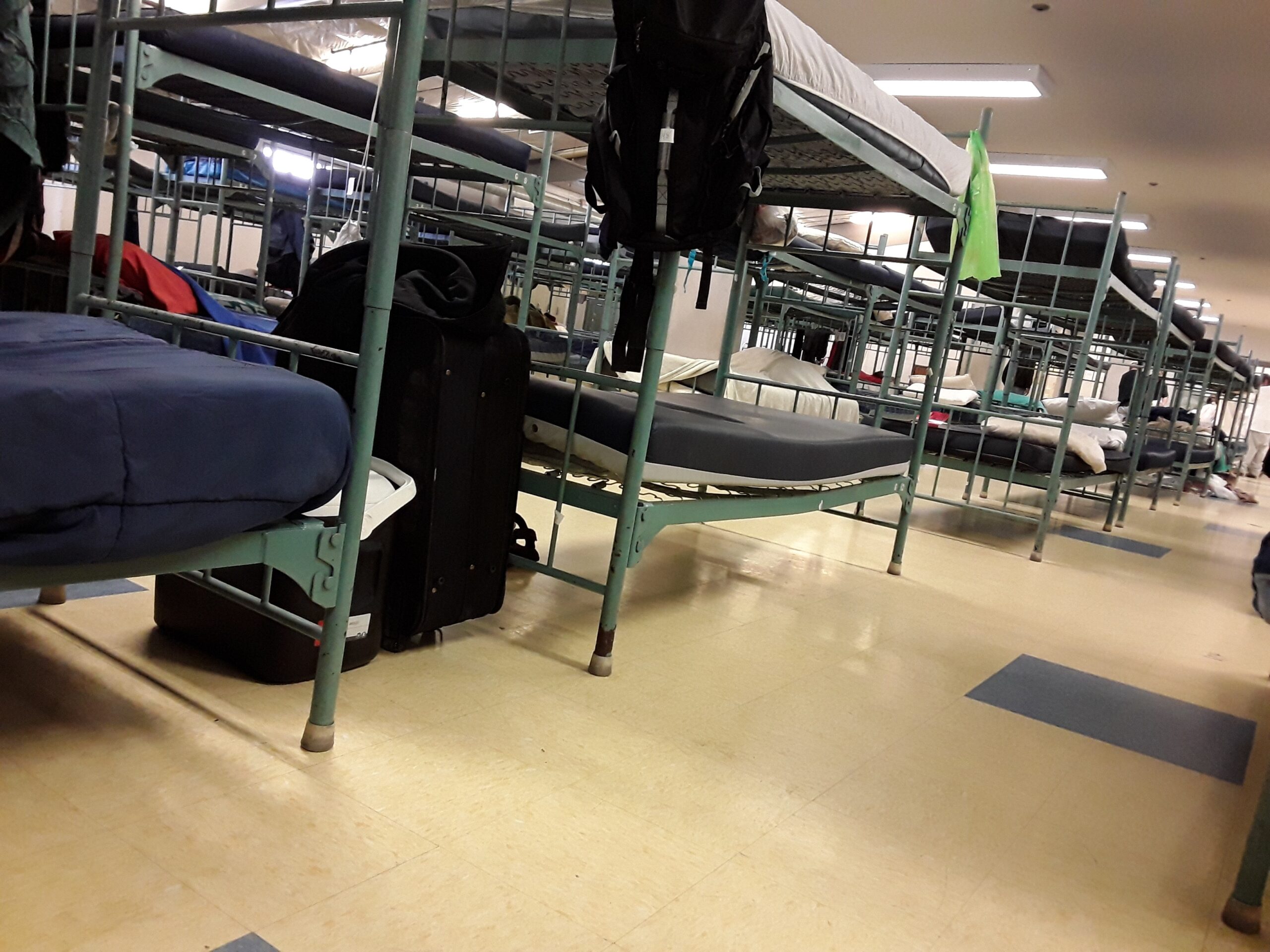
In Kansas, Chad* is packing up what's left of his family belongings as he moves his family — 6- and 3-year-old daughters — to Nevada to be closer to family. Chad* lost his wife to cancer a year ago, his job five months ago, and couldn't stay in a nearby homeless shelter without being separated from his girls.
"It's hard to put into words how surreal all of this is," Chad* explains. "Jobs can be replaced. Furniture and things can be replaced. But having no insurance to protect my family, and trying to put a roof over my daughters' heads without being split from them in a homeless shelter — because there is barely any space for us, let alone co-ed areas for single dads and their kids — it's been … stressful to say the least."
Thankfully, Chad* has family he plans on living with until he is able to get on his feet, but the journey to recovery will be one of great difficulty.
"I have no family where I live, so it will be a trek to get to my sister," Chad explains. "I had to raise money after losing my job to get enough to drive out to my sister — and that's outside of food, clothing, motels, and all of the basic needs I took for granted before COVID."
Uncertainty has become commonplace for many families, with parents unable to shield their children from what lies ahead.
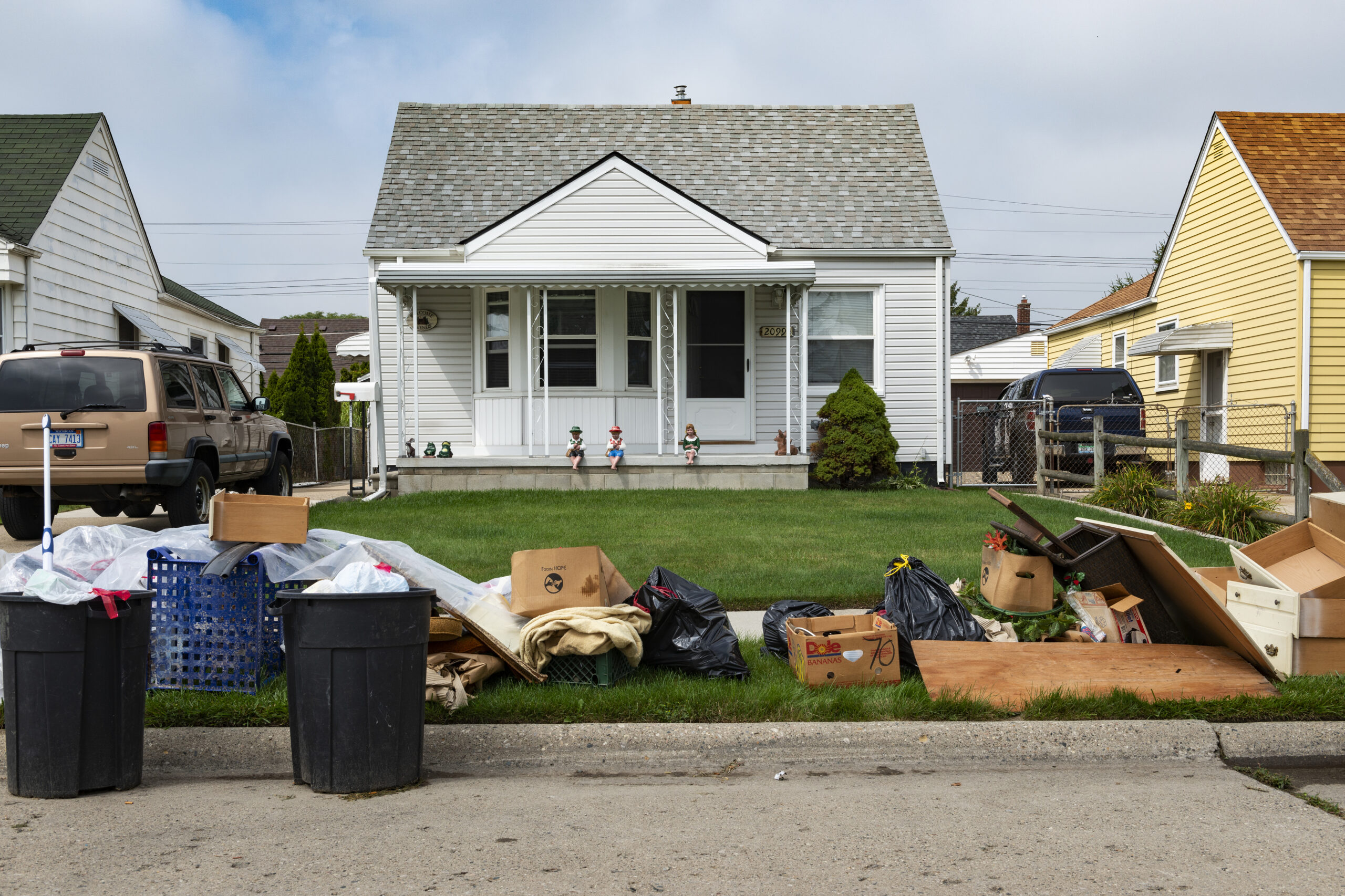
The names in this post have been changed to protect privacy.




